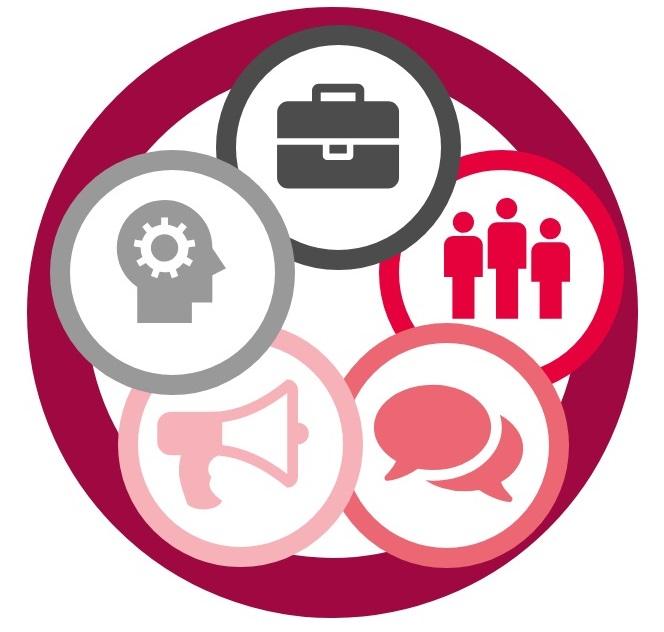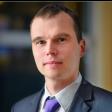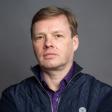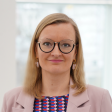
Life with COVID-19: Evaluation of overcoming the coronavirus crisis in Latvia and recommendations for societal resilience in the future
Aim
Description
Description
The main result of the study will be an extensive overview of the diverse socio-economic impact that the COVID-19crisis has had on Latvian society. The project’s authors are the leading scientists from four top universities, and they represent various social sciences fields. The nature of their cooperation is unprecedented - the high level of innovation lies in the multi-layered, interdisciplinary and diachronic view on the impact of the crisis on different segments of Latvian society. They will be using scientific methods from communication and media studies, psychology, social anthropology, paedagogy, sociology, computer science as well as artificial intelligence. The researchers have experience in studying Latvian society and have historical data at their disposal. By using comparative analysis and other methods, this data will be compared with more recently obtained data. Thus, at the end of the project, it will be possible to accurately identify and measure the impact of COVID-19 and provide recommendations regarding further actions to lessen the consequences of the impact. The project will provide detailed recommendations, which will be based on an interdisciplinary review regarding further steps to be taken in order to restore economic processes and development in Latvia.
The project is based on the realisation that the new situation in living with COVID-19 requires new ways of studying society and analysing socio-political processes. A new model of cooperation has therefore been created: scientists from different institutions and sectors will work jointly, forming new scientific groups, which will not be united by formal belonging to an institution, faculty, department or particular sector, but rather by a common vision on how to find new approaches to a particular social phenomenon.
RSU is the leading institution of the project’s scientific consortium and cooperates with researchers from the University of Latvia (LU), Rezekne Academy of Technologies (RTA), Vidzeme University of Applied Sciences (VA), as well as the Institute of Electronics and Computer Science (EDI).
The structure of the project is based on six thematic directions that each has a working group (WP1 - WP6) and an administrative project coordinating unit (WP0). Each working group consists of researchers from different institutions, thus enabling to effectively combine unique experiences, resources and data with an aim to find answers to various questions. The interdisciplinary approach is designed to enable the assessment of the impact of COVID-19 on Latvian society. The impact is not homogeneous, but is on the contrary diverse and often quite controversial. Each separate group of researchers acts as an autonomous scientific unit, but works closely with the other groups at the same time.
WP1 (framework study): Exploring social dynamics during the COVID-19 crisis
This is large-scale quantitative study, which aims to provide an overview of social dynamics during the COVID-19 crisis and the psychological, social and economic impact that the state of emergency has had on individuals and households. The obtained data will be compared with data from the autumn of 2019 and with data obtained during the financial crisis of 2008–2010 to see the impact that the financial crisis had on society.
Leader
WP2: Changes in the labour market and employment structures, a new logic of providing social services
This group of researchers will analyse the availability of social services and changes in employment, focusing on the aspects that were most affected by the restrictions and the transition to working remotely. The researchers will analyse the situation both from employees’ perspectives and employers’ and prepare a report on the possibilities of how to bring harmony to one’s life considering the COVID-19 restrictions. WP2 researchers will also prepare an assessment and proposals for the necessary changes in operational policy or laws and regulations to promote employment and a safe work environment (including remote work). The researchers will develop an assessment and proposals regarding the effectiveness and coverage of social protections provided by the state and local governments, their impact on the support of various socio-demographic groups and the welfare of the population during a crisis. Researchers will also assess the short- and medium-term impact of restricting essential public services by evaluating the approaches to restricting services in different areas.
Leader
Coordinator, study on changes in employment
Coordinator, study on social services
WP3: Well-being in relationships: the psychological impact of the COVID-19 crisis on individuals and families, including domestic violence
The researchers will assess the psychological impact of social distancing on families, identify the key stress factors, the psychological needs of families and individuals and problem-solving methods in families. Particular attention will be paid to domestic violence. The researchers will assess the short- and long-term emotional and psychological impact of the restrictions imposed to limit the spread of COVID-19 on families of different generations and assess the relationships between different generations and risk of violence.
Leader
Coordinator
WP4: Professional and social media and their audiences, activists and volunteers, journalism and health communication during the COVID-19 crisis
The researchers will assess levels of media literacy and resistance to disinformation, study the impact that media content has on behaviour, analyse society reactions and opinions on the crisis, national restrictions, public opinions and announcements. The researchers will study the content of various news websites and comment sections, various voluntary and social initiatives online, for example, the initiative Paliec mājās. This will be done by also using artificial intelligence. WP4 researchers will prepare an assessment of the effectiveness of the information, identify the most suitable channels for informing various target groups and prepare proposals on the most suitable ways and channels of informing these target groups and how to prevent fake news being spread based on the assessment of the informative and methodological support that was provided during the period when COVID-19 restrictions were imposed.
Leader
WP5: Strategic communication and management systems during the COVID-19 crisis and modelling future crisis management possibilities
The researchers will provide an assessment of national long-term strategies and strategic communication in changing conditions, as well as model strategic communication scenarios by taking other countries’ experience into account, and study what effect the Latvian strategic communication had abroad. The researchers in this working group will provide an assessment of the informative and methodological support of state administration, employers, non-governmental organisations and prepare proposals for the most suitable ways and channels of informing different target groups.
Leader
Researchers
WP6: Transforming the education system: the consequences of the COVID-19 crisis and possible solutions
The researchers will assess the functionality of various learning platforms and tools, develop guidelines for preparing/designing remote courses that will be based on the success of various existing courses in relation to students’ performance or the popularity of such courses among students; assess the digital competence of academic staff and prepare a plan for the developing digital competences to ensure qualitative implementation of online study process. They will also prepare a report on the use of digital and online solutions during the study process to ensure a flexible and student-oriented educational process in higher education.
Leader
Coordinator
WP0: Project administration
The results of the study: recommendations and proposals for the development of policies for various institutions will be applied at local and regional level, used by public authorities and non-governmental institutions to improve society’s resilience during future crisis situations. The study will additionally assess the challenges of employers and employees, which arose while introducing remote working, as well as the challenges and psychological risks, which are faced by families of different generations. Therefore, the results of the study and its recommendations will serve as a useful guide for institutions, business operators and other representatives of society, as well as any individuals seeking for a way to cope with COVID-19 in the long-term.
Leader
Coordinator
Administrative assistant






















